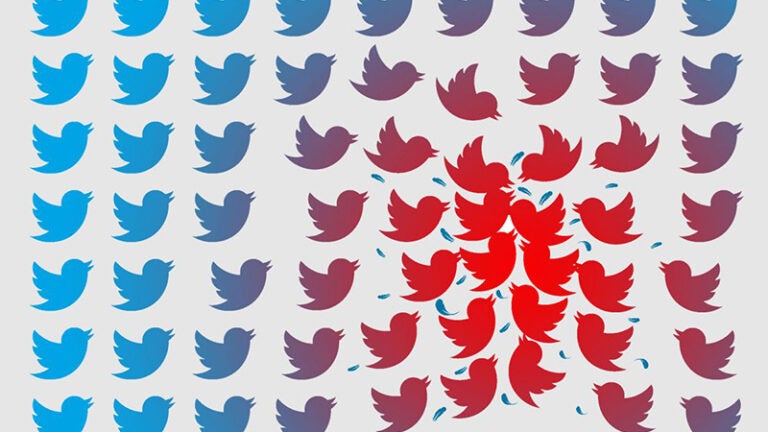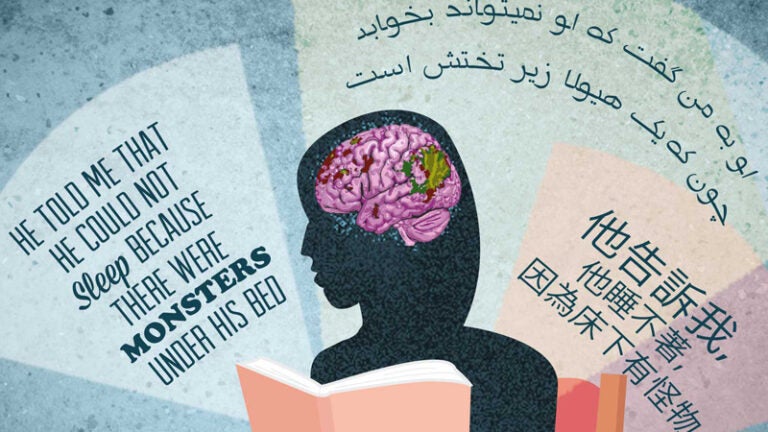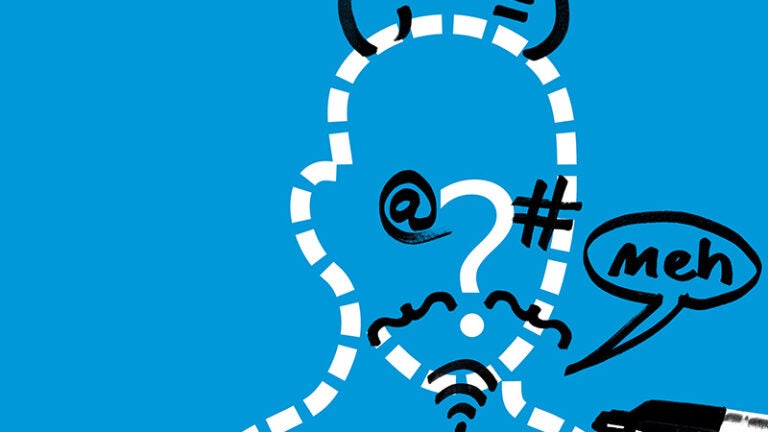USC Dornsife researchers use geospatial modeling and psychological experimentation to predict “extreme behavioral expressions of prejudice” — malicious acts motivated by hate or bigotry. [3¾ min read]
USC Dornsife News
Think facts win the argument? Think again. It’s our beliefs, even those that are unmoored from objective reality, that determine what to us is true and false. And that’s why it’s so difficult to change your mind, much less someone else’s. [7 min read]
Research led by USC Dornsife psychologists also finds that people are more likely to condone using violence to defend their beliefs when they think others share their moral values.
Researchers at USC Dornsife’s Brain and Creativity Institute find there is something universal about what occurs in the brain when it processes stories, regardless of a person’s origin or language.
In a new study, USC Dornsife psychology researchers and colleagues find a downward trend over the past two centuries in people’s tendency to use positive words.
Young people throughout history, it seems, have felt unfairly judged by critical and uncomprehending elders. Nowhere is that more the case than with the millennial generation.
Psychology researchers find that issues related to purity can determine how close — or how far away — we want to be with someone in social and political circles.
Morteza Dehghani, of psychology and computer science, has led the development of a groundbreaking open-source, open-architecture software to analyze online communication.
In a boost for the advancement of artificial intelligence, Henrike Moll and Morteza Dehghani of psychology are the first researchers to examine pretend play and counterfactual reasoning in young children.
Contact USC Dornsife News
Media Inquiries
Contact Ileana Wachtel








